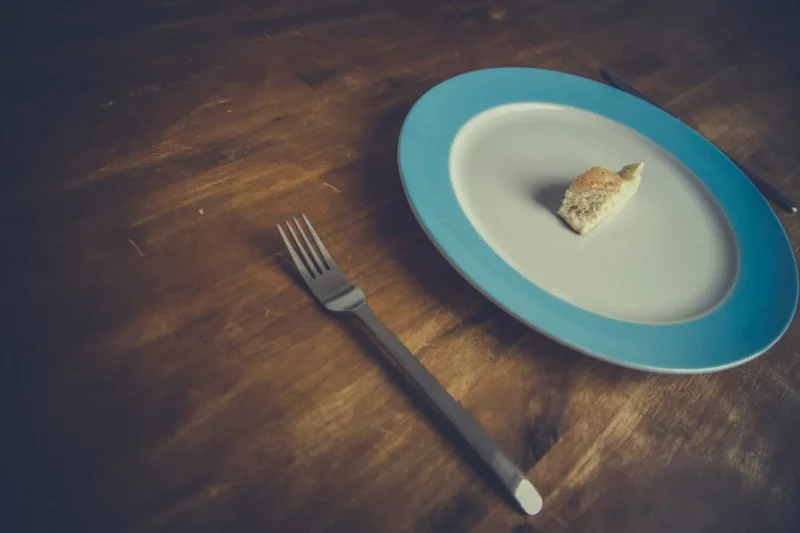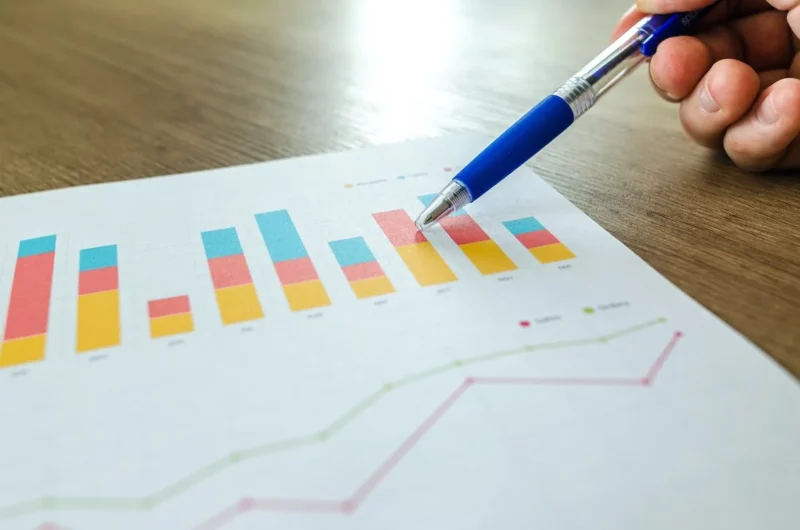

i’m sure you’ve heard it before from many people….
“You need to eat smaller and more frequent meals through-out the day in order to speed-up your metabolism”
But is that really the case?
Let’s find out.

Of course that method of eating CAN work. Many diets have proven that in the past.
BUT….the reason is not because of some “faster metabolism” but rather just a way to keep someone in calorie deficit consistently (to lose weight).

Well it comes down to what is known as “thermogenesis”.
Thermogenesis is where the body expels energy in the form of heat through what it has to do (and in this case we are talking about the energy of digesting food).
>But here’s the fun “sciency” part, if you eat the same DAILY amount of food/calories split into either 6 meals or 3 meals, isn’t that the same amount of digestive energy required overall?
So 1500 calories is still 1500 calories at the end of the day whether you split it 6 times or 3 times.
“Since the 1960s, epidemiological studies have reported an inverse relationship between frequency of eating and body weight, suggesting that a “nibbling” pattern could help to prevent obesity. This notion has later been put into question by the recognition of a high level of dietary under-reporting in overweight individuals. In addition, no difference in total daily energy expenditure has been documented as a function of daily meal number. Weight loss is not facilitated by high meal frequency. ”
Source: “Impact of the daily meal pattern on energy balance”, France Bellisle, Scandinavian Journal of Nutrition, Oct 2004https://pubmed.ncbi.nlm.nih.gov/3592618/

Other studies
“More importantly, studies using whole-body calorimetry and doubly-labeled water to assess total 24 h energy expenditure find no difference between nibbling and gorging. Finally, with the exception of a single study, there is no evidence that weight loss on hypoenergetic regimens is altered by meal frequency. We conclude that any effects of meal pattern on the regulation of body weight are likely to be mediated through effects on the food intake side of the energy balance equation.”
Source: “Meal frequency and energy balance”; Br J Nutr. 1997 Apr;77 Suppl 1:S57-70.
In other words, it all evens out when you look at the bigger picture of 24 hours a day!
Do you now see why everyone “thinks” they need to eat more? It is because that myth is constantly being “pushed” (sold) to the general public as a scientific fact, when it is actually just a great marketing approach!
You will see celebrities on TV getting paid millions to lose weight on those types of programs (when we all should realize now that the real magic is in the total energy calorie deficit, not the amount of meals).

To sum up everything:
Personally back in the days when I was eating 5-6x a day, it wasn’t very enjoyable.
I also tended to be hungry and have energy swings more often.
Now as I’m older I find a smaller meal frequency to suit my lifestyle (and enjoyability levels) much better.
Of course more people may need multiple meals to get in the daily amount of calories they require (especially if leading an active lifestyle).
I talk more about this in my free course